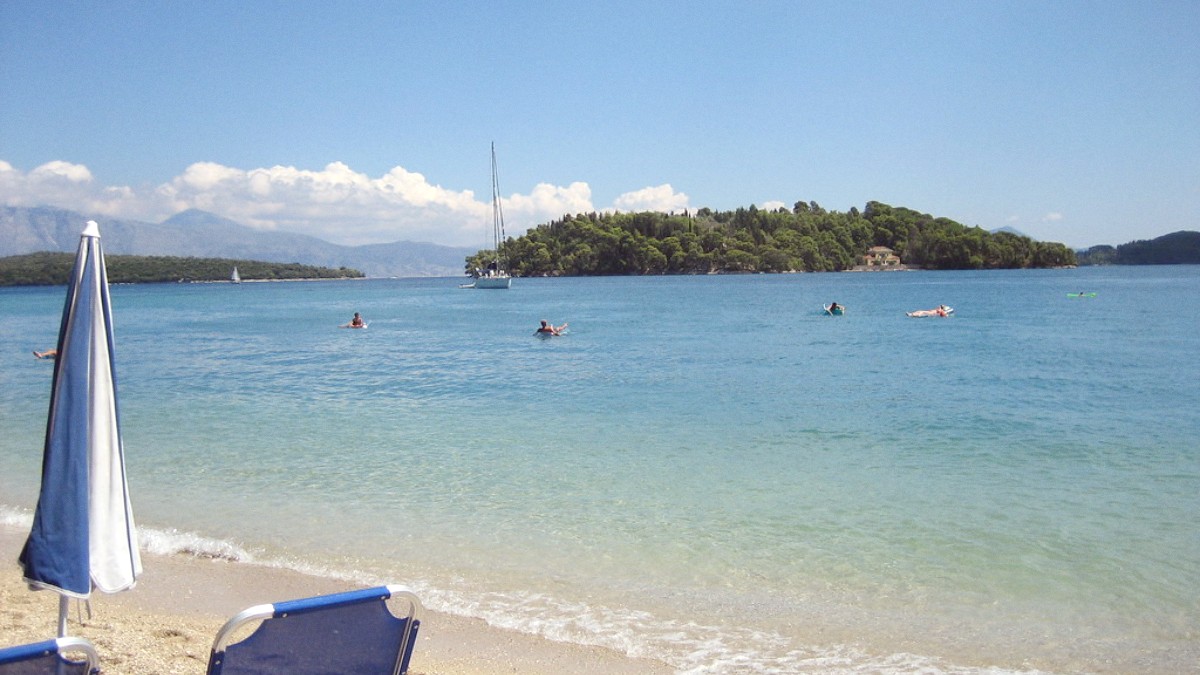
Ionian Islands, Greece
Lefkadian cuisine, like other Ionian Islands, centers on olive oil, fresh vegetables, aromatic herbs, fish, lamb, and goat. Venetian and Italian influence marks the cuisine.
Locally produced olive oil, fresh lemon, wild oregano, garlic, tomatoes, and feta. Fresh fish dominates coastal menus; lamb, goat, and pork form staples in the interior. Local thyme honey sweetens desserts.
Fried fish (marides or atherina) marinated in a tangy sauce of garlic, rosemary, and vinegar. A popular appetizer.
Lamb or goat liver wrapped in caul fat and grilled. An unique, rich flavor for adventurous eaters.
Lentils from the mountain village of Eglouvi possess fame for their quality and taste.
A veal dish cooked in white wine, garlic, and parsley sauce. Find a version on Lefkada, an Ionian specialty.
Often featured in tavernas in Lefkada Town.
Hearty pasta with meat (beef or rooster) slow-cooked in a rich tomato sauce seasoned with cinnamon and cloves.
A staple across the Ionian Islands, found in many traditional eateries.
A spicy fish stew, traditionally with scorpionfish, cooked with red pepper flakes and onions. This Ionian specialty delivers a kick.
Seek out in coastal tavernas.
Ouzo (anise-flavored aperitif), Tsipouro/Raki (strong grape distillate), local wine. Coffee: Greek coffee, Freddo Espresso, Freddo Cappuccino.
Mandolato (nougat with honey, almonds), Pasteli (sesame seeds, honey bar), Loukoumades (fried dough balls with honey/cinnamon).
Lefkada has upscale restaurants offering refined Greek and Mediterranean cuisine. Find these mainly in Nidri, Sivota, and Lefkada Town.
Abundant across the island, especially in Nidri, Lefkada Town, and Agios Nikitas. They present a wide variety of Greek and international dishes.
For quick and inexpensive meals, numerous "Psistaries" (grill houses) serve souvlaki and gyros. Small cafes and bakeries present pastries, sandwiches, and coffee.
A small daily market in Lefkada Town sells fresh produce, fish, and local products. An opportunity to buy ingredients for self-catering.
Observe local life in action.
Seek small shops selling local olive oil, honey, wine, and traditional sweets. Often in mountain villages or specialized stores in main towns.
Support local businesses directly.
Reflecting the Ionian influence.
Some Asian cuisine in Lefkada Town/Nidri.
Traditional Greek food dominates.
Not as varied as major cities.
Dedicated Halal or Kosher establishments are very limited to non-existent in Lefkada.
Meat is not typically Halal or Kosher certified.
Travelers with these dietary requirements may choose to rely on vegetarian/vegan options or self-catering.
Plan meals in advance where possible.
Use translation apps (e.g., Google Translate with offline language packs) to communicate requirements.
Many tavernas are happy to adjust dishes where possible, so inquire openly.
Some private villas or specialized tour operators demonstration classes focused on traditional Greek/Lefkadian dishes.
Less structured than in larger cities. These may involve guided visits to local markets and tasting sessions.
Possible to visit olive groves, honey producers, or local wineries in the central and southern regions.
Greek cuisine aligns with religious holidays. Lamb remains a traditional dish for Orthodox Easter.
Fresh seafood availability follows seasonal fishing patterns.
Local festivals often feature traditional foods and drinks specific to that celebration.
A chance to taste unique local delicacies.
Locals often provide advice on the best tavernas and dishes.
Seek out daily cooked dishes, offering homemade comfort foods that change regularly.
Experience the social ritual of coffee breaks, especially with Freddo Espresso or Freddo Cappuccino.
Dining in Greece is a social experience, meant for savoring and conversation. Restaurants do not rush diners.